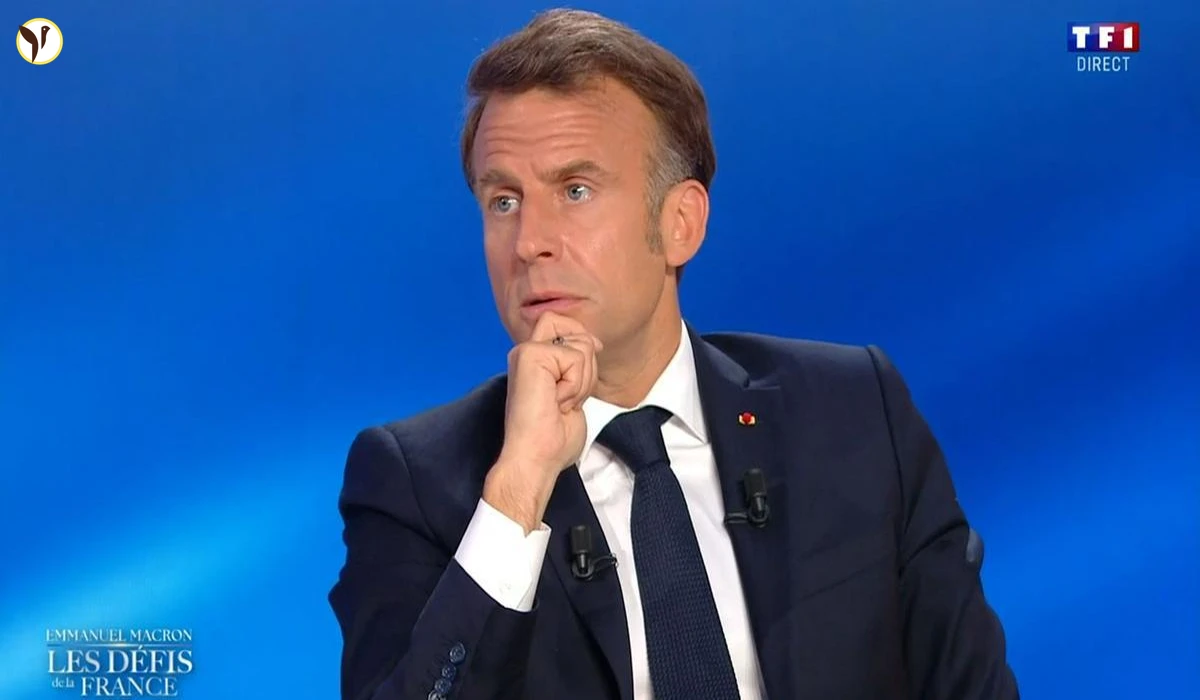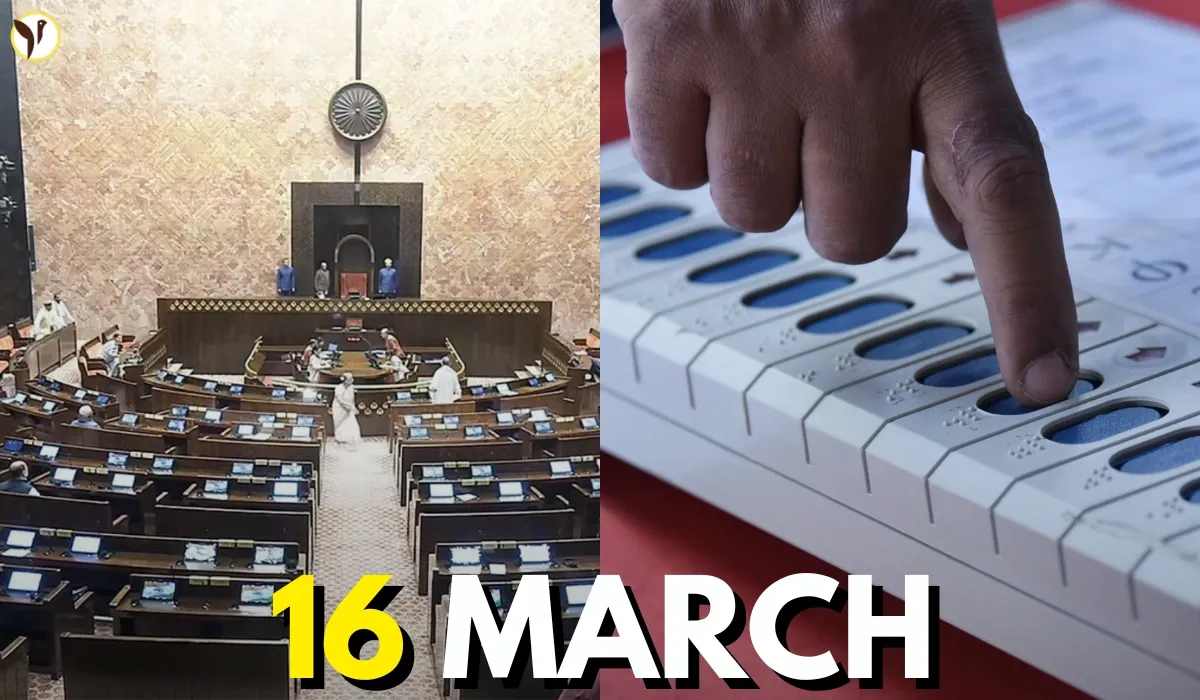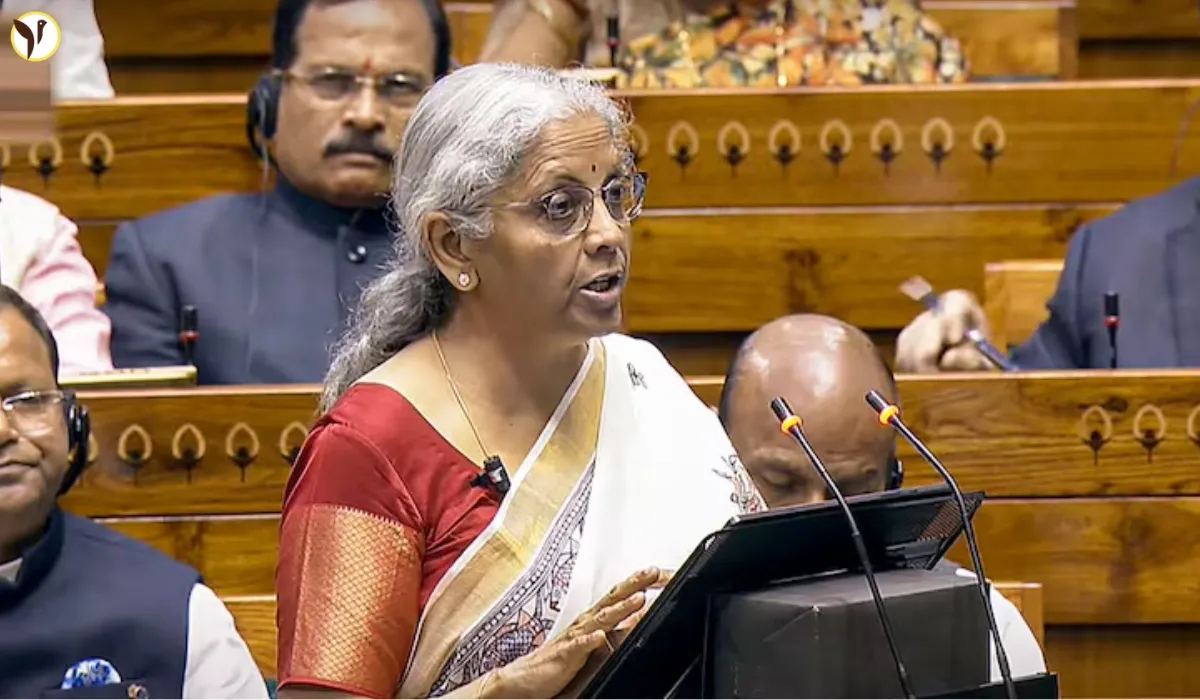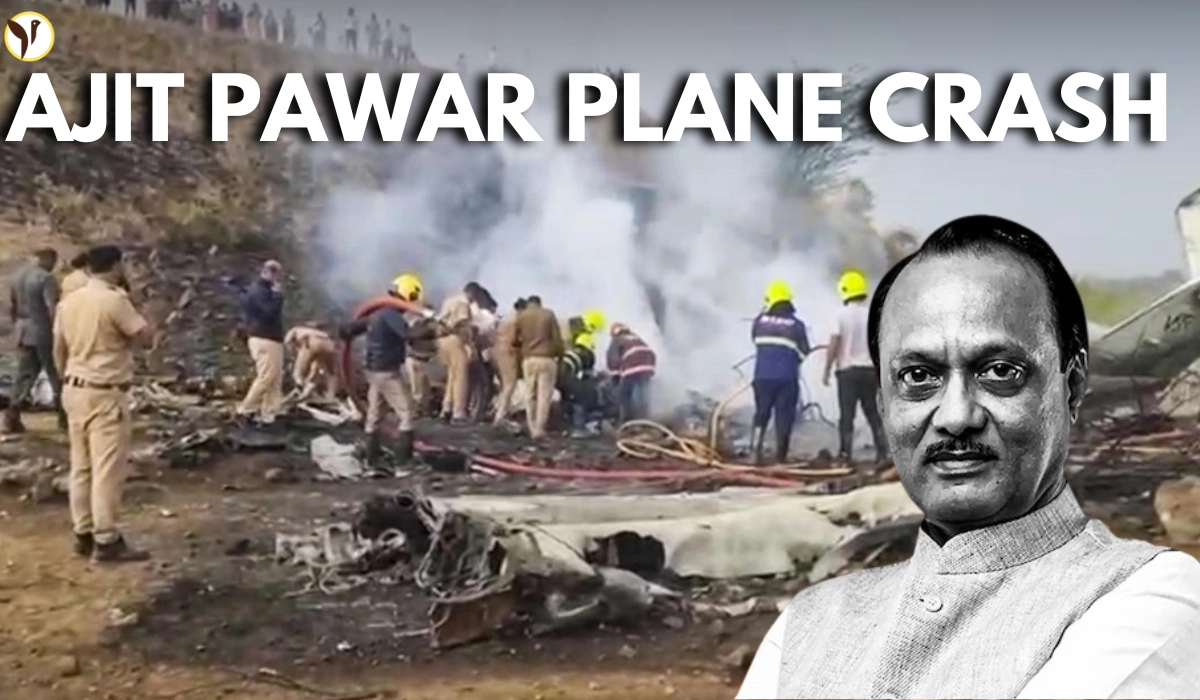Macron's Primetime TV Interview Draws Mixed Results
On Tuesday, May 13th, 2025, France tuned in to watch President Emmanuel Macron participate in a three-hour special interview on TF1, replacing the usual "Koh-Lanta" programming. The event, titled "Emmanuel Macron - Les défis de la France," saw Macron address pressing national issues, fielding questions from journalist Gilles Bouleau and a diverse panel of guests including influencers, business leaders, union representatives, and everyday citizens.
The Numbers: A Look at the Ratings
The extensive interview, airing from 8:10 PM to 11:25 PM, averaged 4.9 million viewers (27.8% of the audience share), according to Médiamétrie. The first part of the show, up until 9:50 PM, garnered a stronger response: 5,785,000 viewers (29.7% audience share). This dipped to 3.9 million (25.2% share) in the latter half. These numbers were significantly lower than Macron's previous TV address on March 5th which attracted over 15 million viewers across multiple channels.
- TF1's Dominance: Despite the lower numbers compared to the March event, TF1 still significantly outperformed other channels on Tuesday evening. France 3's "Face à face" series attracted a respectable 2,919,000 viewers (14.9% share), but France 2's documentary, "Aux origines de l’esclavage," had significantly lower viewership with only 827,000 viewers (4.6% share), even trailing behind France 5.
The significant drop in viewership compared to Macron's previous appearances raises questions about audience fatigue or perhaps a lack of engagement with the chosen format and content. Was the extensive, almost three-hour runtime simply too long for modern television viewing habits?
Key Discussion Points and Macron's Proposals:
During the interview, Macron touched upon a range of key policy areas. Some of the key highlights of his proposals included:
- A "Social Conference": Macron advocated for a social conference within weeks, aiming to reform the social security system's financing, focusing less on employment-based contributions.
- No Referendum on Pensions: He firmly rejected calls for a referendum on the pension reforms, despite pressure from CGT secretary general Sophie Binet.
- Expanded Municipal Police Powers: Macron expressed support for legislation granting more powers to municipal police, such as the ability to issue fines and conduct certain investigations.
- Prisoner Financial Contribution: He backed a proposal requiring prisoners to contribute towards their incarceration costs, a controversial suggestion previously floated by Justice Minister Gérald Darmanin.
- Annual Parliamentary Debate on Immigration: Macron supports annual parliamentary debates on immigration, despite previous constitutional challenges.
- Religious Symbols in Sport: He reaffirmed his support for the Olympic charter's ban on religious symbols in sporting competitions.
- Addressing the Mental Health Crisis: Macron highlighted the need for increased recruitment and training of psychiatrists, particularly given the challenges faced by young people.
- ArcelorMittal: No Nationalization: The President ruled out nationalizing the threatened ArcelorMittal sites in Dunkerque and Fos-sur-Mer, opting instead for EU-level support measures.
Conclusion: A Mixed Bag for Macron
Emmanuel Macron's extended appearance on TF1 offered a glimpse into his current political strategies and priorities. While the interview certainly dominated the evening's television landscape, the comparatively lower viewership compared to previous national addresses highlights the challenges of engaging viewers in a prolonged primetime political discussion. His proposals, ranging from social reforms to security measures and immigration policy, sparked debate, but the overall impact remains to be seen. The relative success of this communication strategy remains a topic worthy of further discussion.









